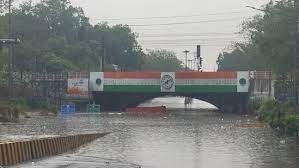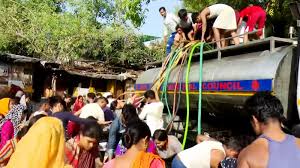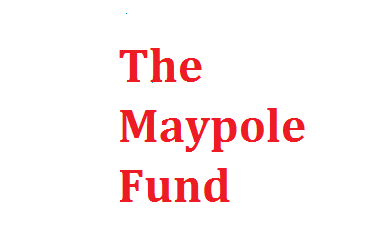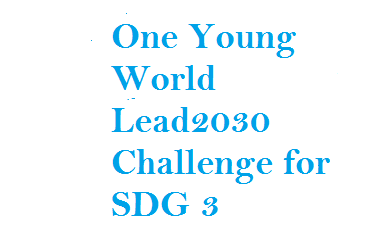- Six Reasons To Bring Millets To The Market!
- Hong Kong Court Makes Landmark Ruling Protecting Transgender Rights
- Substrate Promiscuity Of Fungi Generated Enzyme Laccase Shows Potential In Degrading Industrial Dye Effluents
- Union Minister Of Rural Development Holds A Meeting On ‘Cactus Plantation And Its Economic Usage’
- Ministry Of Tribal Affairs Organised One Day Mega Health Camp ‘Abua Bugin Hodmo-Our Better Health’ At Saraikela Kharsawan, Jharkhand
- Blue Flag Standards For Beaches In The Country
- India-Namibia Sign An MoU On Wildlife Conservation And Sustainable Biodiversity Utilization
- Hydrophobic Ingredients, In Combination With Obsolete Antibiotics, Can Counter Multidrug-Resistant Bacteria
- Promoting Cultivation Of Kala Namak Paddy
National problems, local solutions
Posted by: 2016-02-10 10:51:26 ,By Raj Kumar
71 17
Comments (5)
Written by Kuldeep Dantewadia | Published:January 25, 2016 12:10 am
india, india pollution, pollution in india, india pollution control, pollution control india, Kuldeep Dantewadia, editorials Despite having lost some sheen, the idea of one-size-fits-all continues to fester. (File/Reuters)
Pollution levels in Delhi have reached epic proportions, lakes in Bangalore are foaming and catching fire, and garbage is piling along our streets in ever-increasing quantities. All this morbid news comes with a silver lining: A marked increase in civil society?s awareness about local issues, especially in urban areas. NGOs, social enterprises and start-ups have begun to deliver local solutions to local problems. The government of India with its Swachh Bharat mission has also joined in, bringing all its firepower. This infectious enthusiasm, however, faces several pitfalls that we must avoid if we are to achieve even moderate success.The first pitfall is that of scale. Despite having lost some sheen, the idea of one-size-fits-all continues to fester. Not enough attention is paid to the possibility that it may fail if we try to take it out of the environment in which it was born. Also, trained model thinking often ignores corruption and oligopolies that prevent the most optimal solution from being implemented. For example, consider Bangalore and its ever-growing problem of solid waste management. A solution that has been proposed is segregation at source ? a model that has worked reasonably well in the West. However, while some people may segregate their waste by choice, a few may only do so when there is punitive action, while others may not do it even if there?s the threat of a hefty fine or a jail term. It?s an open secret that segregation at source is disadvantageous to the garbage mafia in Bangalore (that rakes its dues from the government based on the weight of garbage in trucks) and, therefore, no amount of waste-profiling or optimal disposal route-mapping will complete the loop and result in tangible outcomes. The solution is not to do away with model thinking but instead operate carefully, under the perpetual assumption that scaling will not work unless proven otherwise. - See more at: http://indianexpress.com/article/opinion/columns/national-problems-local-solutions/#sthash.mBQUMU83.dpuf
- See more at: http://indianexpress.com/article/opinion/columns/national-problems-local-solutions/#sthash.mBQUMU83.dpuf
Read more: Click Here
You may like similar news

View: Delhi's rain chaos is a reflection of poor political-bureaucrat leadership
It is also a reflection of political leadership which has not been able to make the bureaucracy acco...
.jpg)
Sikkim landslides: 9 killed, over 1,200 tourists rescued; schools shut | Top updates
Sikkim landslides: 9 killed, over 1,200 tourists rescued; schools shut | Top updates Since June 13,...
.jpg)
Delhi records its warmest night of 2024 at 35.2°C, highest minimum in 13 years
Delhi records its warmest night of 2024 at 35.2°C, highest minimum in 13 years The IMD has fore...
Delhi Weather and AQI Today: Warm start at 32.05 °C, check weather forecast for June 12, 2024
Check the weather forecast and air quality updates for Delhi on June 12, 2024 here. The temperature...

'False statements, tanker mafia...': Supreme Court slams Delhi government over water crisis
Advocate Shadan Farasat, appearing for the Delhi government, said they had taken action to stop wast...









